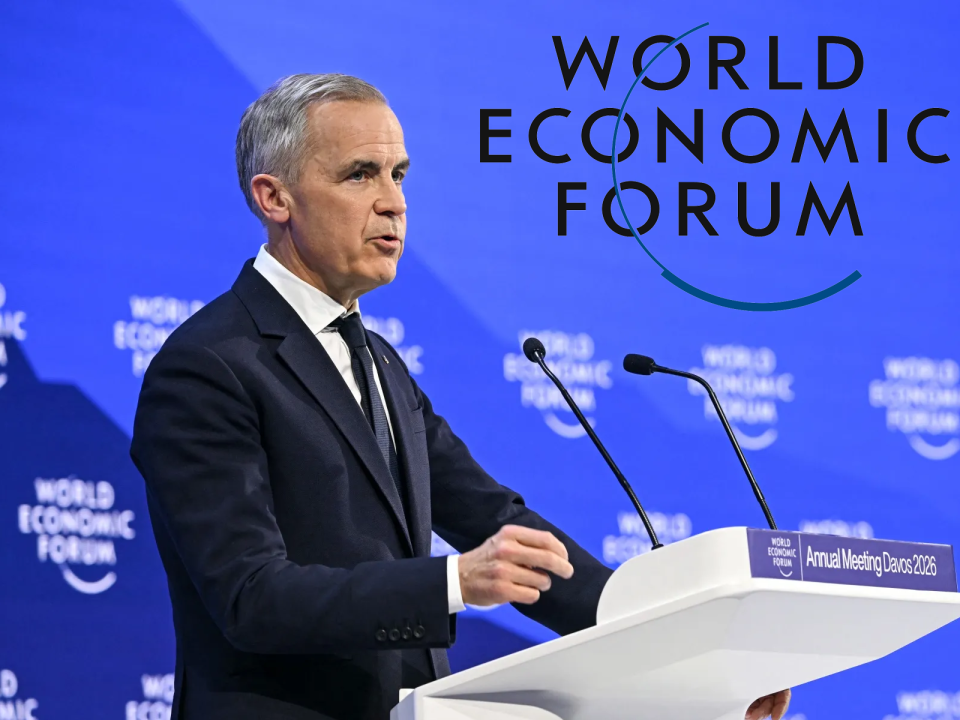
Canadians are conflicted and concerned about the risks and costs of the energy transition, though the reality of climate change continues to weigh heavy for many. The findings come a recent INNOVATIVE online survey of 2037 Canadian residents, weighted to n=1500, conducted from September 8 to 21, 2022.
Trends over time
About 3-in-10 say they have a detailed understanding of climate change, while more than 1-in-2 say they have a general understanding of climate change (29% and 56%, respectively).
Awareness of climate change has held remarkably steady over the years. When this awareness question was first asked in April 2008, 3-in-10 said they had a detailed understanding of climate change and 3-in-5 said they had a general understanding of climate change (28% and 60% respectively).
Belief in climate change has grown steadily over the same timeframe. In 2008, just over 1-in-2 said climate change was definitely occurring (53%). Now, nearly 2-in-3 say climate change is definitely occurring (64%).
Awareness and concern are trending in opposite directions
While belief in climate change has growth, the number of people who say they are concerned about climate change has declined since 2008. In 2008, 88% said they were at least somewhat concerned about climate change. In the latest tracking, just 72% say they are at least somewhat concerned.
Energy transition attitudes remain conflicted
Half say they are familiar with the idea of the energy transition (51%) but less than 1-in-5 say they understand the details of energy transition (19%).
For most people, the energy transition is complex. Many express support for both pro-transition and pro-oil-and-gas statements.
To help make sense of these conflicting views, INNOVATIVE groups respondents that share similar energy transition responses into 5 clusters based on six transition questions.
Overall, 44% are at least somewhat more supportive of the transition, consistent with the previous wave in March 2022. About 1-in-3 are at least somewhat more supportive of oil and gas (34%). About 1-in-5 Canadians consistently express conflicted views about the transition (21% in the latest wave).

Canadians divided on the economics of transition
Canadians appear divided on the question of whether the energy transition will be economically beneficial.

About 1-in-3 say that government policies to accelerate the transition away from oil and gas risks increasing the cost of living and job losses (34%). Geographically, this view is more common in Alberta and the Prairies (43% and 41%, respectively), and less common in Quebec (24%). Politically, this is a majority opinion among those who identify as Conservative (60%).
Just 1-in-4 say they believe Canada will do better economically if we shift from oil and gas to renewables (24%). Almost 1-in-3 say they believe Canada will be worse off (31%). However, a plurality say they don’t know whether Canada will do better or worse (27%) or think it will do about the same (17%).

Carbon tax opinions also remain divided
Support for the federal carbon price, which imposes a minimum standard that provinces can meet or exceed, has rebounded slightly since March. About 1-in-8 strongly support the policy (13%, an all-time low), while about 1-in-6 strongly oppose it (16%). Net support for the policy peaked in August 2021.

Awareness of the carbon tax is at an all-time low since tracking began. Just 26% say they are following news about the carbon tax closely. This continues the steady decline from April 2019, when 49% said they were following the policy closely. Opinions on the carbon tax may be shifting, but many of these beliefs are lightly held.
Canadians are also split on the point of the carbon tax. Asked which statement is closer to their view, 41% say that “putting a price on pollution is one of the best ways to lower carbon consumption and to fight climate change in this country”, while another 41% say “the carbon pricing policy is just another tax grab that hinders the economic development of the country and does nothing for the environment”.
Cost of living still top of mind
The cost of living remains the top concern among Canadians. Nearly 1-in-2 say it is the most important issue to them (47%), followed by health care (23%) and the environment (10%). While gas prices have come off from their Spring highs, the view that the energy transition will add to rather than alleviate affordability woes clearly remains a concern for a large number of Canadians.
Summary
Enthusiasm for the federal government’s flagship climate policy is in decline, but strong opposition appears to have tapered off as well as other issues crowd the public discourse. Canadians have reservations about what the energy transition might mean for the cost of living and the jobs market. While the reality and the urgency of climate change is apparent for most, how to best navigate the transition remains an enormous policy challenge.


































